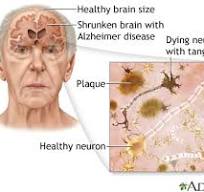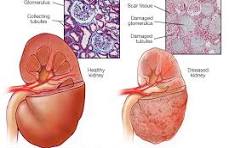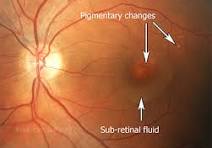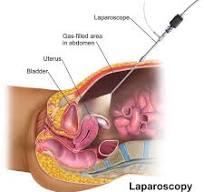INTRODUCTION:
Health is wealth—a simple yet profound truth. One sickness can drain a
lifetime of savings, leaving individuals and families in distress. While modern
medicine has made remarkable strides in diagnosing and treating diseases, many
health conditions continue to defy medical solutions, pushing us to explore
alternative approaches.
Natural remedies have been a cornerstone of healing for centuries, long before
the advent of modern pharmaceuticals. Across cultures and civilizations, people
have relied on nature’s gifts—herbs, roots, fruits, and holistic practices—to
restore health and vitality. While this encyclopedia does not seek to undermine
the importance of medical science, it aims to complement it by shedding light
on time-tested natural solutions. It encourages further research into the power of
nature in healing, offering insights into remedies that have provided relief to
countless individuals.
NATURAL REMEDIES FOR ALZHEIMER’S DISEASE
Alzheimer’s disease is a complex and progressive neurodegenerative
condition for which there is no known cure. While there are no natural
remedies that can reverse or completely halt the disease, some natural
approaches may help improve cognitive function and quality of life for
individuals with Alzheimer’s disease. It’s important to note that these
remedies should be used in conjunction with medical treatment and
under the guidance of a healthcare professional. Here are some
potential natural home remedies:
1. Turmeric:
How it works: Turmeric contains an active compound called
curcumin, which has anti-inflammatory and antioxidant
properties that may help reduce inflammation in the brain.
Preparation: You can add turmeric to your diet by using it as a
spice in cooking. Turmeric supplements are also available, but
consult a healthcare provider before taking them.
Usage: Incorporate turmeric into your daily meals or consult with
a healthcare professional for appropriate dosages.
2. Coconut Oil:
How it works: Some research suggests that the medium-chain
triglycerides (MCTs) in coconut oil can provide an alternative
energy source for brain cells.
Preparation: Simply consume one to two tablespoons of extra
virgin coconut oil daily, either on its own or by adding it to food
or beverages.
Usage: Start with a small amount and gradually increase it while
monitoring for any digestive issues.
3. Omega-3 Fatty Acids:
How they work: Omega-3 fatty acids found in fatty fish like
salmon, walnuts, and flaxseeds have anti-inflammatory properties
and may support brain health.
Preparation: Include fatty fish in your diet at least twice a week.
You can also take fish oil supplements after consulting with a
healthcare provider.
Usage: Consume omega-3-rich foods regularly or follow
recommended supplement dosages.
4. Ginkgo Biloba:
How it works: Ginkgo biloba is believed to improve blood flow
to the brain, potentially enhancing cognitive function.
Preparation: Ginkgo biloba supplements are available in various
forms (tablets, capsules, extracts). Consult a healthcare provider
for the appropriate dosage.
Usage: Take as directed by a healthcare professional.
5. Huperzine A:
How it works: Huperzine A is a natural compound found in the
Chinese club moss (Huperzia serrata) and is believed to enhance
memory and cognitive function.
Preparation: Huperzine A supplements are available. Consult a
healthcare provider for the right dosage.
Usage: Follow the recommended dosage instructions, typically
starting with a low dose.
6. Acupuncture:
How it works: Acupuncture may help alleviate some Alzheimer’s
symptoms by promoting relaxation, reducing stress, and
improving blood flow.
Usage: Seek a qualified acupuncturist for regular sessions and
discuss your specific symptoms and goals.
7. Meditation and Mindfulness:
How they work: Meditation and mindfulness practices can
reduce stress and anxiety, potentially improving overall cognitive
function and quality of life.
Usage: Incorporate meditation or mindfulness exercises into your
daily routine. Consider taking classes or using meditation apps
for guidance.
Key Consideration
Always consult with a healthcare professional before trying any natural
remedies, especially if you’re already on medication or have underlying
health conditions. These natural remedies may have varying degrees of
effectiveness from person to person, and they should complement, not
replace, standard medical treatments and therapies for Alzheimer’s
disease.



